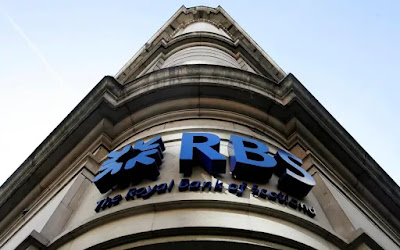Guest Post - Back on Track or Heading for a Derailment: The British Railway System

In today’s guest post, Jake Richardson discusses the potential future of the British rail network, both in advance of the changes that Brexit may bring, and also based upon the historical trends within the industry. The British railway system has indeed been through some massive restructuring exercises throughout its history. Post-World War One and the Victorian era of Britain’s steam railway revolution, all private companies were rationalised into the ‘Big Four’ predominant companies under The Railways Act 1921, which included Great Western Railway (GWR), London, Midland and Scottish Railways (LMS), London and North Eastern Railway (LNER) and Southern Railway (SR). However, post-World War Two, the railways were once again run into the ground, meaning post-war nationalisation was inevitable and the British Railways, latterly known as British Rail, came into action through the enactment of The Transport Act 1947. For nearly fifty years the nationalised railway system, which was o





